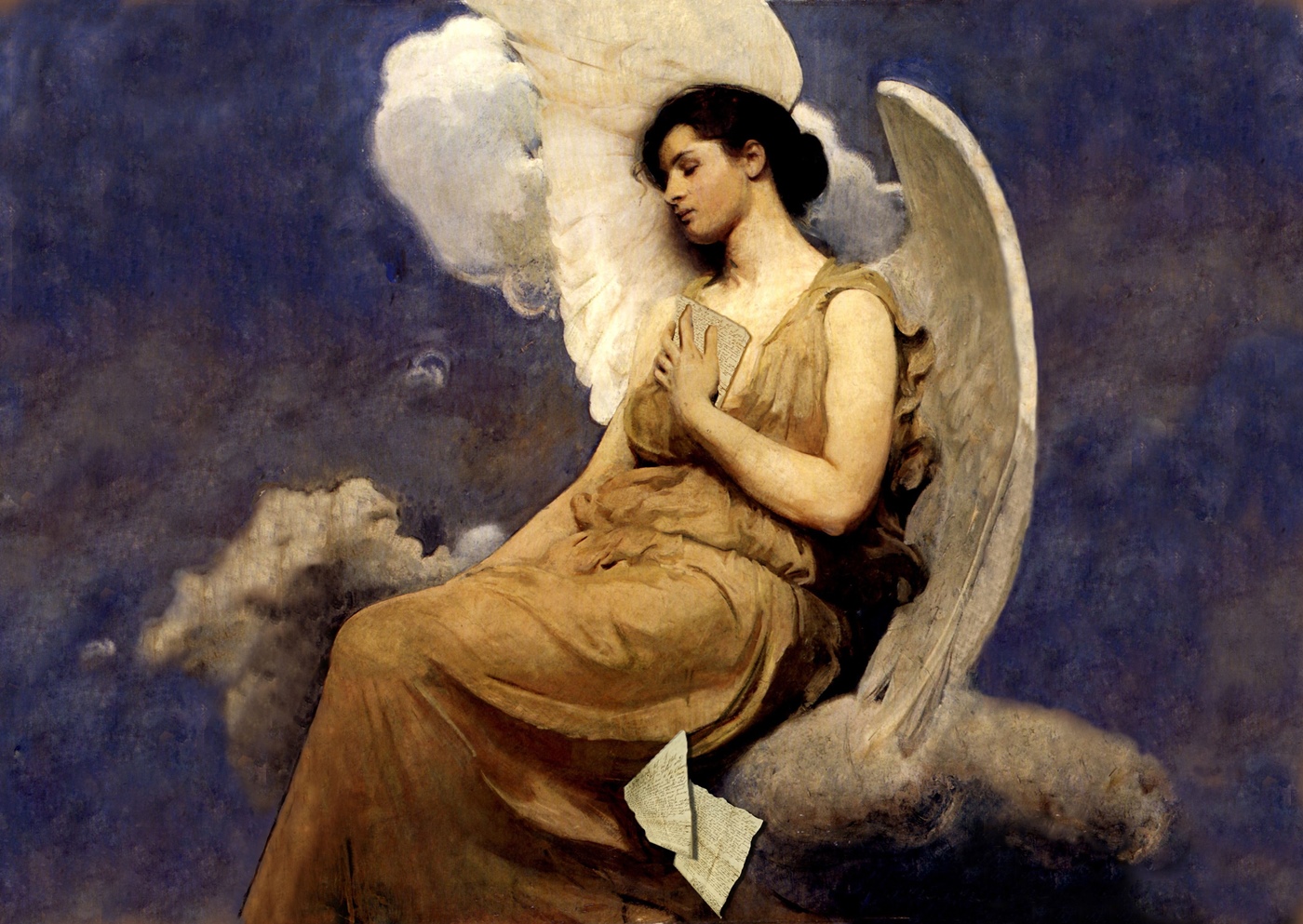The language of the ancients spoke of fate as a wheel turning without pause, grinding down lives under a law beyond appeal. The stars moved with mechanical precision; the four elements wove together the frame of the world; earth, fire, air and water bound the body to necessity. Astrological tradition carried this: each house and sign marked the stages of an irreversible journey, the slow unfolding of what was written before birth. This places man beneath a sky of iron. The soul looks up and sees not a face but a mechanism; a vault of necessity binding choice to cycles.
This is fate understood as fatum, the dominion of the Demiurge who builds with matter and time. The elements themselves, anchored in Malkuth, seem to echo this decree. Earth gives weight, fire burns in turn, air shifts with seasons, water sinks to its basin. A closed circle appears. In this vision one is carried along by movements that cannot be altered. It is the realm where Saturn reigns, harvest follows seed in strict proportion, and the stone cannot fly.
I. The Machine of the Spheres
Astrology in its most literal sense reflects this machinery. The wheel of the zodiac rises and falls with unbroken rhythm. The Sun marks the hours; the Moon tides the waters; the planets trace their cycles across generations. To contemplate them in this mode is to see necessity everywhere. The image of the cosmic loom is fixed; each strand interwoven and crossing predetermined. The human life unfolds within this web as thread already measured.
When read in this way, astrology becomes calendar of iron. The four elements sustain it, since each planet is clothed in their garment. Fire drives action, air disperses, water remembers, earth resists. To live within this circle is to breathe the law of return without exit. The ancients gave names to this binding. They called it Ananke, necessity; Heimarmene, chain of causes; Fatum, the spoken decree of the stars. The wheel turns and man turns with it. The Demiurge guards the gates; he weighs each action and binds it to consequence. Freedom appears as illusion. The soul is locked within sequence of elements and hours. It is the kingdom of the machine, where the sky is clock and the earth is gear.
II. The Wound that Opens
But tradition also whispered another word. There are moments when the machine is torn, when the veil does not hold, when time does not grind. This is the wound. It is not escape from the world but opening within it. The wound is sudden: it cuts into the machinery and reveals another order beneath the cycles. At such times the four elements seem to burn with fire not their own. Earth shakes, water becomes mirror, air carries voices, fire shines without consuming.
The wound is the transfiguration of necessity. Within the machine there is place where the Logos descends. The ancients drew this in symbol as the cross opening into the Rose, the name written with an added flame. The Tetragram, the four letters of the created world, welcomes a fifth. The Shin (ש) descends into the Name and it becomes Pentagrammaton. The machine remains, the cycles continue, but in the wound the eternal breaks in. This is fate turned sacrament and necessity a vessel. The wound does not remove the body from time and space, but fills them with Presence.
III. The Descent of the Name
The Pentagrammaton speaks of this descent. The four letters belong to the created order, the realm of elements and return. The fifth letter, flame of Spirit, enters and transforms. It is the Logos within matter, the descent of the Word into the wheel. The Demiurge cannot prevent it; his machine is used as vessel. The wound is precisely this: not a step outside the circle but a rupture within it. Astrological movement still marks the heavens, but the reading shifts. The same Saturn that once weighed with iron now becomes guardian of silence where the Word may speak. The same Luna that marked tides now becomes mirror of Wisdom. The same Jupiter that bound fortune now becomes sign of blessing. When the Logos descends, the fatal turns fertile. Freedom is the union with the meaning of destiny. We do not fight the machine; we consent to the Name that cuts through the machine.
In that consent lies true liberty. The paradox stands: the wheel turns without rest and, within it, the wound opens. In that wound the Word descends. The four become five, the circle becomes star, and the machine becomes altar.
Fiat Lux.
